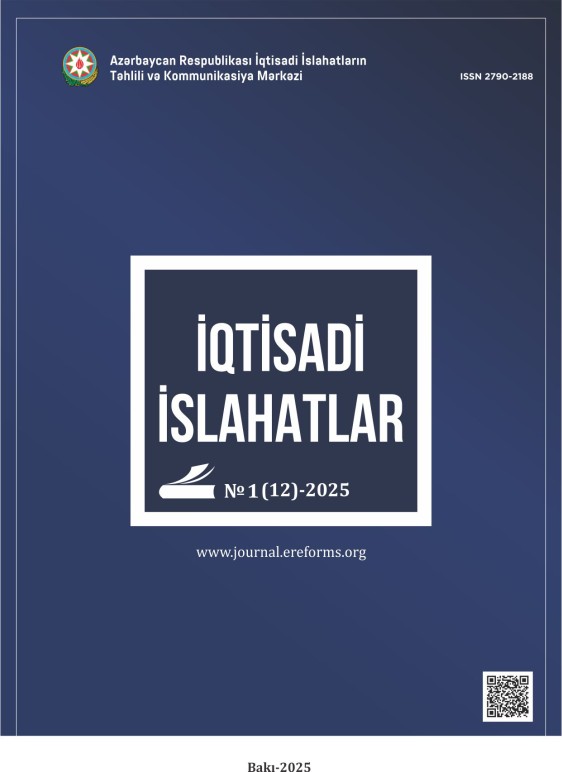Municipal solid waste management: Challenges and perspectives
Summary
The volume of solid waste in Azerbaijan has been increasing annually due to urbanization and the rising number of multi-apartment residential buildings. Currently, limited financial resources and a low level of public awareness regarding waste sorting constitute major challenges to the sustainable development of the sector. Moreover, the waste management system is hindered by issues of centralization and inadequate coordination.
This article demonstrates that, rather than focusing solely on recycling, Azerbaijan is pursuing integrated and pragmatic solutions, including waste sorting at the source, the implementation of advanced landfill technologies, thermal treatment methods, and the conversion of waste into energy and economic resources.
The analysis highlights that key prerequisites for modernization encompass shifts in social behavior patterns, the adoption of digital technologies, the transition to tariff models such as PAYT ("pay-as-you-throw"), and enhanced citizen participation. Furthermore, a management framework grounded in circular economy principles, alongside support from international financial institutions, is strategically essential for the sustainable advancement of the waste management sector.
